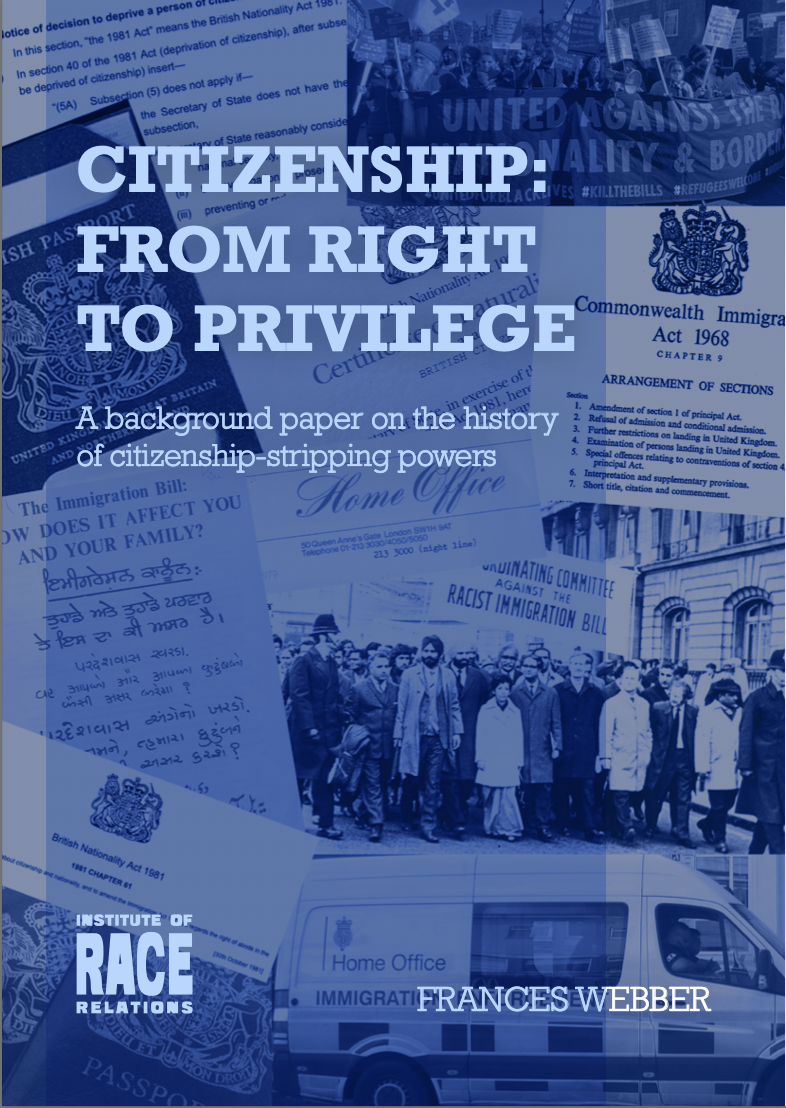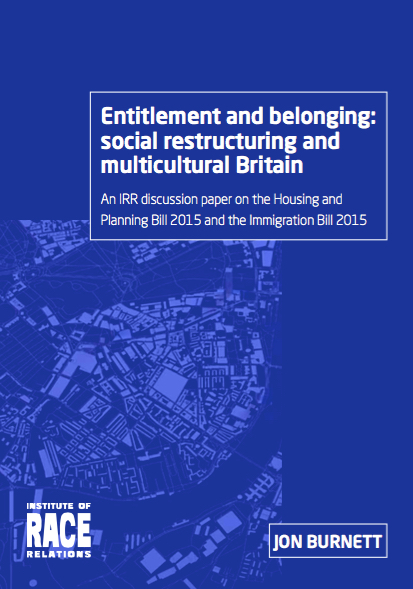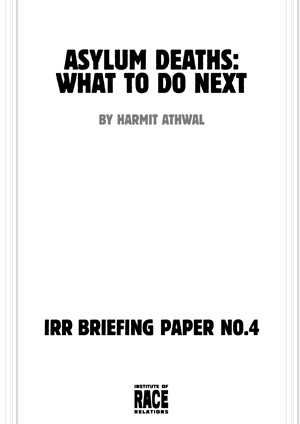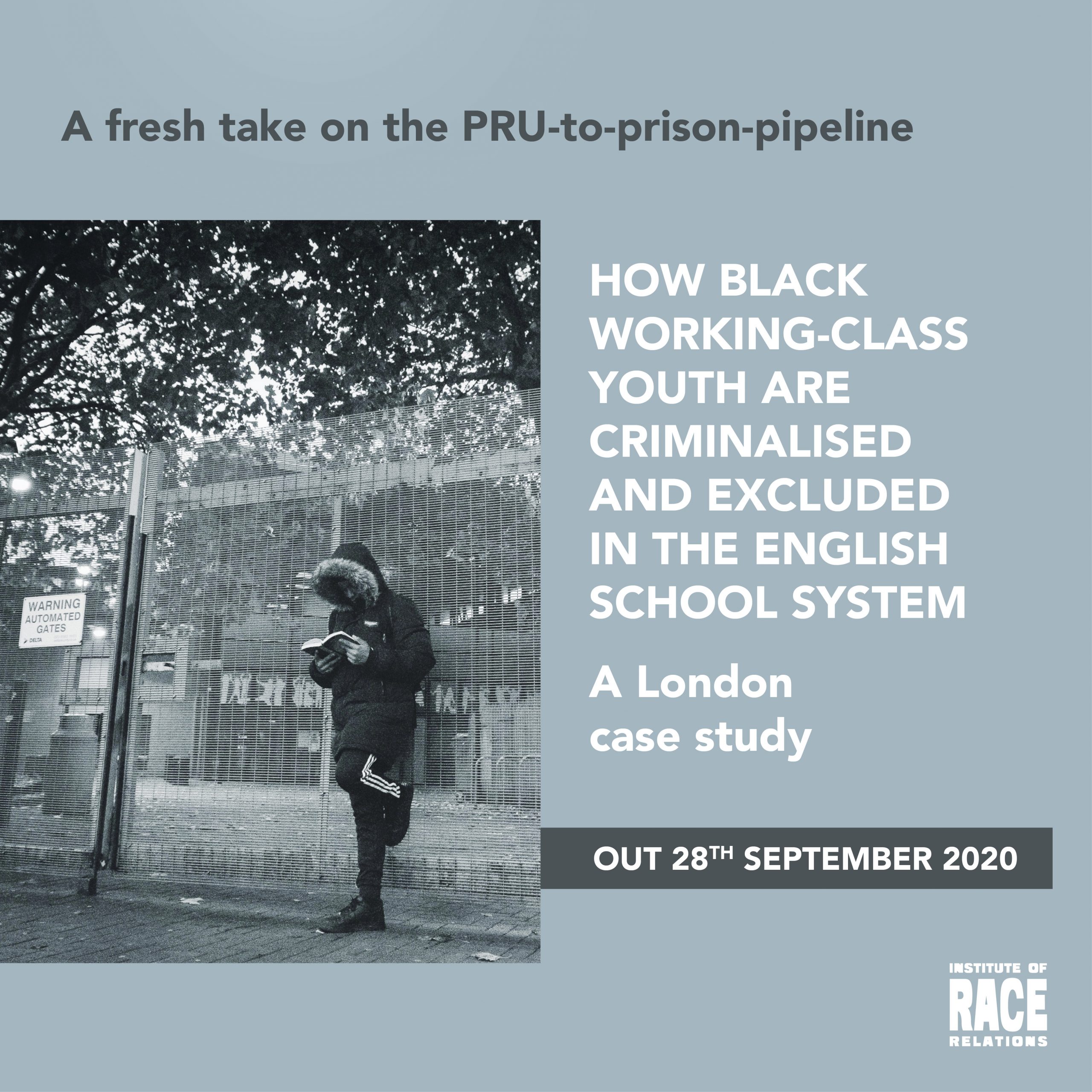Description
Written in the wake of the Nationality and Borders Act, Citizenship: from right to privilege shows how outrage against the controversial ‘clause 9’ (now Section 10 of the Act), allowing citizenship to be removed without notice, heightened public awareness of the powers, and provoked a groundswell of opposition amongst campaigners, MPs and Lords.
The power to remove citizenship from those obtaining it fraudulently is not considered contentious, but the stripping of citizenship on other, often vaguer grounds has become controversial. Such deprivation increased heavily following its use against Muslim preacher Abu Hamza in 2003. Before Hamza, no removal of citizenship had been authorised for 30 years, but since then, there have been at least 217 removals of citizenship, with 104 removals in 2017 following the collapse of ISIS in Syria.
The government claims that only those whose actions pose grave threats to national security, or who have committed abhorrent crimes, will lose their citizenship. But Webber believes the powers affect far more people, effectively creating a second-class of largely minority ethnic Britons whose citizenship is disposable and contingent:





